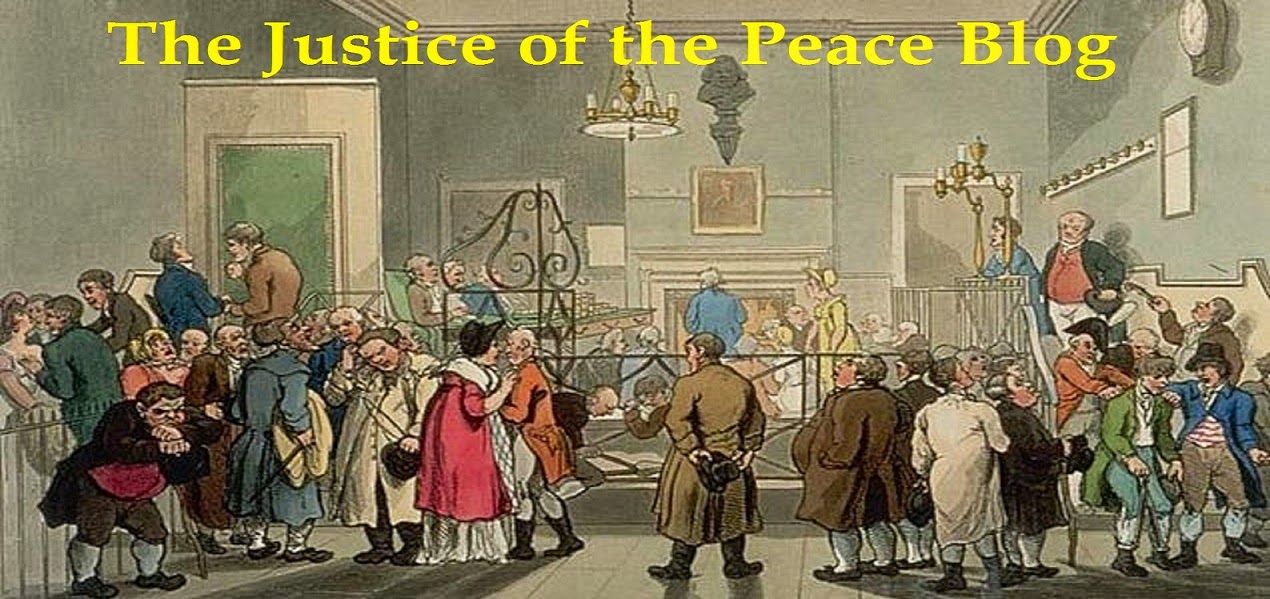The so called "treatment" of complainants and to a lesser extent witnesses as "victims" within the context of court proceedings especially those in the crown court has been an increasingly vocal feature of victim orientated organisations and charities many of which have been founded in the last thirty years. The Leveson Inquiry and the ramifications of the revelations surrounding Savile have accelerated the pressure from those organisations for changes to pre trial and trial procedures themselves. One such organisation The Criminal Justice Alliance put forward its own programme of reform earlier this month. In essence it proposes that a truly victim centric system of justice be imposed upon the current "elaborate, ritualised and – in many respects – archaic system". Whilst there are few who would deny that there are some aspects of the whole process which lend themselves to reform the concept of a victim orientated justice system is contrary to the historical concept that the state as a disinterested third party dispenses justice equal for all without fear or favour. This idea along with other social changes instigated by the post war Atlee government gained a concrete base in 1949 by the first legal aid scheme in the Legal Aid and Legal Advice Act 1949 with a focus mainly on divorce and matrimonial problems. Prior to the cuts initiated by the coalition criminal legal aid accounted for a little over half the total costs. Those cuts effectively demonstrated that the state was taking a step back from enabling there to be a level playing field where prosecution and accused or plaintiff and defendant could have their cases argued by our adversarial system. In 2001 victim impact statements were allowed to be read in the crown court but are not taken into consideration when sentencing is decided by the judge. Although many victims and victim based charities are affronted by this the arguments against such statements are substantial. Indeed over the last five or so years I had many occasions in which I had to ask prosecutors to temper their language; namely that a CPS witness was to be referred to as a "complainant" during a trial and became a "victim" only when a guilty verdict was brought against the accused. Occasionally there was an objection that s/he was a victim per se. I rejected such observations.
It seems that a fundamental aspect of the whole process has not been put under the microscope; the adversarial system itself. I have posted here before now that I believe, in the current situation of increasing numbers of unrepresented defendants in magistrates` courts, that the chairman of a lay bench must be prepared to take an increasingly inquisitorial approach enabling the truth to emerge where relying upon inept prosecutors and/or those inarticulate unrepresented defendants could lead to miscarriages of justice. In like fashion perhaps we need to assess whether the uniquely Anglo Saxon system of crown court legal jousting would better outcomes for complainants by being replaced by the continental system of an inquisitorial bench. That question is rarely if ever asked never mind being answered.


One of the many issues that come from the legal aid cuts is this increased pressure with unrepresented defendants. The iniquitous CCC makes the position worse. But it is entirely wrong that legal aid is withheld from those that need it while the state can lavish infinite resources on prosecutions. Perhaps the playing field should be re-levelled by decimating the CPS budget -- after all crime has now reduced so much that we hardly need a CPS let alone a police force. Or has if?
ReplyDelete